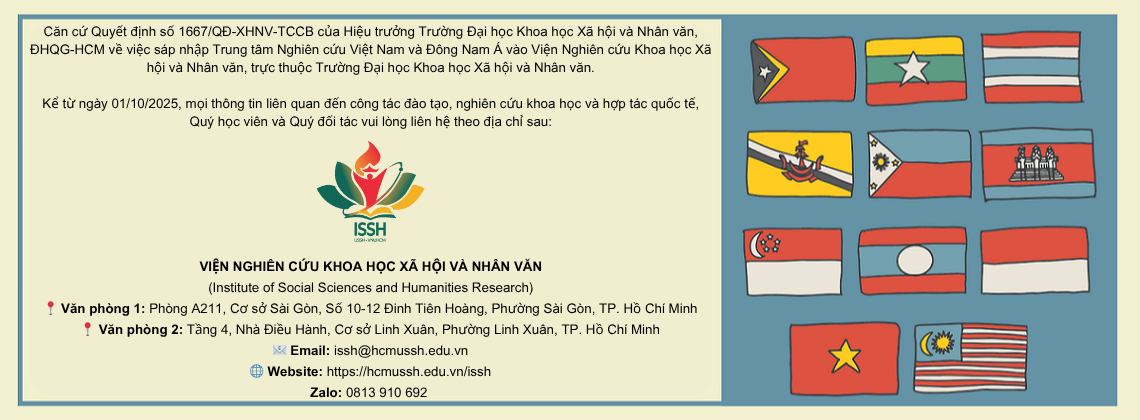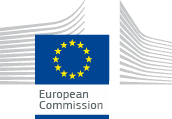ASEAN HEEDS WORDS OF INTELLECTUALS
, 23/03/2021 15:03In February 2020, prior to the Covid-19 outbreak, I attended a conference on the role of ASEAN-UK relationship in the change of the regional architecture held at the new ASEAN Secretariat Building in Jakarta, Indonesia. The Conference brought together an audience of researchers from the United Kingdom and representatives of various research institutes of universities within the region.
.jpg)
Representatives at ASEAN
To commence the conference, H.E. Jon Lambe – United Kingdom Ambassador to the Association of Southeast Asian Nations, delivered his opening remarks on the 400-year trade history between the United Kingdom and the Southeast Asia region. He emphasized the United Kingdom’s ongoing interest in expanding cooperation, trade, and cultural exchange with the community.
According to Researcher Dedi Dinarto of Nanyang Technological University, Singapore, the United Kingdom had positioned itself closer to ASEAN in the past by standing against China’s policy regarding the East Sea. In the current political climate, it is advisable for the United Kingdom to exert its influence on the world stage and stand with Vietnam, a territory claimant in the East Sea – ASEAN dispute as well as maintaining peace and prosperity in the area.
At the conference, Prof. Alan Collins of Swansea University urged ASEAN to orient human development towards a people-centered model with conventions based on general provisions and specific characteristics. He opined that the way to aspire people to build a community is to give them the right to self-determination and facilitate opportunities for business elites to make contributions towards a united and prosperous ASEAN.
Speaking on a different subject, Dr. David Martin Jones of the Faculty of War Studies, King’s College London, discussed the ever-increasing significance of the United Kingdom’s security and economic interests in the Indo-Pacific region. He pointed out how such interests had benefited the United Kingdom and the European Union by providing economic and investment opportunities. In addition, he called on developed and developing countries of the region to maintain mutual respect for each other and adhere to the principles of international law, especially in regard to freedom of movement in Southeast Asian waters.
On the topic of the United Kingdom’s contribution to Southeast Asia, Mr. John Harley Breen (MA) – Research Analyst, Department of International Relations, London School of Economics and Political Science and Saw Swee Hock Southeast Asia Centre, highlighted the United Kingdom’s effort in maintaining law and order within the region, citing the ongoing naval presence in ASEAN waters. He noted such action was carried out by the United Kingdom in its capacity as a non-EU member and forged the linkage between this and ASEAN’s neutrality in its relation with many nations of power.
Continuing the above topic, Dr. Oliver Turner of the Faculty of Politics and International Relations, University of Edinburgh, discussed how the United Kingdom’s key seat in the United Nations Security Council and the signing of the Treaty of Amity and Cooperation in Southeast Asia had given ASEAN a firmer voice in the East Sea disputes. He explained that being the key member in many international organizations had put the United Kingdom in an advantageous position to aid many nations in reaching Sustainable Development Goals (SDGs). Furthermore, he stated the United Kingdom had solidified its presence both in the regional and the global stage by re-establishing regulations on issues such as information, copyright infringement, environment protection, cyber security as well as rule of law on the East Sea.
Prof. Randy W. Nandyatama of Gadjah Mada University, Indonesia, opined that in response to the East Sea dispute, ASEAN made a delayed coordinated attempt to mediate the situation. With that in mind, Prof. Nandyatama advised ASEAN to carry out a careful reform of its principles regarding internal solidarity and the boosting of its stature in the Asia – Pacific region.
From a different perspective, Prof. Sameer Kumar of the University of Malaya, Malaysia, stated that in order to attract external finance into ASEAN, each member state had to improve institutions, establish a stable legal system, and ensure tax transparency as well as little to no corruption. In addition, Prof. Kumar emphasized the presence of the United Kingdom in the seas of Asia helping to maintain maritime safety and avoid deviation of interests.
According to Mme. PICH Charadine of the Cambodian Institute for Cooperation and Peace, since each nation agreed to comply with the “ASEAN’s Code” built on the principle of regional order, confrontation should be less preferable to consultation, corporation and dialogue. A new order built on laws unyielding to external pressure needs to be established in order to maintain ASEAN’s central role in the Indo – Pacific region.
At one part of the conference, researchers of Southeast Asian nations collectively called on every nation to lend support for the establishment of a peaceful, international law abiding environment in the East Sea; the formulation of development thought aimed at prosperity for all; the cutting of national defense cost; the investment into education to strengthen the region’s soft power; the upholding of the power of the Law during socio-economic development; and the building of a long-term vision for ASEAN nations. Singapore under the Lee Kuan Yew administration was brought up as a reference point on the rule-of-law discipline of the leader for every nation’s course of development. In addition, the United Kingdom’s education system was mentioned for having trained impassioned leaders responsible for putting education at the core of human resources development and building Singapore’s economy to its current booming state.
Prof. Dafri Agussalim of Gadjah Mada University expressed his gratitude for all the innovative ways of thinking displayed by the experts at the conference. He wished these profound contributions would find their way to the capable future generation who possess sufficient soft skills, policy making and leadership capacity. Prof. Agussalim was also very appreciative of the straightforward discussion between experts from the United Kingdom and Southeast Asia. It is his belief that cultural understanding, mutual respect, and the rule of law are what necessary to create unity, peaceful coexistence, true happiness, and a dynamic market for the inhabitants of the region.
The lesson for ASEAN is that Covid-19 excludes no one. With the whole world coping with the pandemic, it is necessary to have a new mindset that focuses on building a healthy and respectful environment, maintaining friendly cooperation between members of the community, and avoiding division and enmity so as not to weaken the inner strength. The reality of Vietnam's success in its combat against Covid-19 boils down to transparency and unanimity. Every citizen followed directives from the government and when information on the pandemic was made known, all individuals from the central level to the local level joined hands to fight. Thanks to the determination of the people, Covid-19 has been under control in Vietnam. As for the economy, in 2020, Vietnam saw a 2.9% growth while the world experienced mostly negative numbers. Policymakers in Vietnam took part in contemplating the future of ASEAN regarding solidarity, cooperation, and the common market across many fields with a view to building towards a peaceful and prosperous ASEAN without unnecessary conflicts where everyone lives in true happiness.
TRAN DINH LAM
Center for Vietnamese and Southeast Asian Studies, University of Social Sciences and Humanities, Ho Chi Minh City
(*) Translation of the article "ASEAN lắng nghe giới tri thức" published in Southeast Asian Magazine, ISSN: 2354 - 0699














